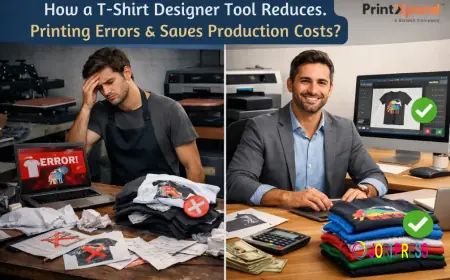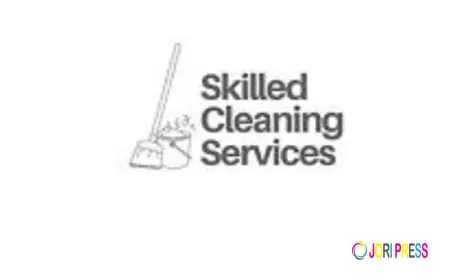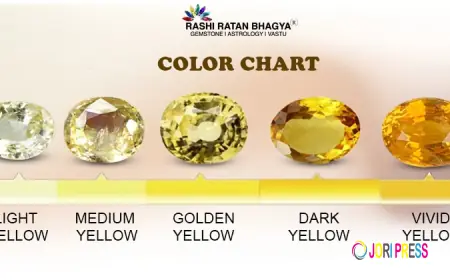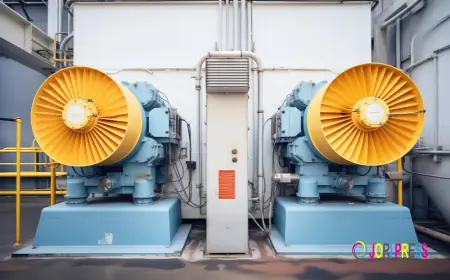Blind Rivet Nut and Blind Rivets: The Ultimate Fastening Guide for Modern Industries
Introduction
In the world of engineering, construction, and manufacturing, fasteners are the invisible heroes. They hold together cars, airplanes, machines, furniture, and even skyscrapers. The reliability of any structure depends on the strength and efficiency of its fasteners. Among the many fastening options available, Blind Rivet Nut and Blind Rivets stand out as versatile, cost-effective, and highly reliable solutions.
At MIS Equipment, we supply industry-grade Blind Rivet Nuts and Blind Rivet that meet international standards. Trusted by industries worldwide, our fasteners combine strength, durability, and ease of installation — making them the preferred choice across multiple applications.
This comprehensive guide will cover everything you need to know, from their design and advantages to applications, comparisons, FAQs, and buying tips.
Why Blind Rivet Nuts and Blind Rivets are Engineering Favorites
Engineers and manufacturers rely on fasteners that can withstand pressure, vibration, and long-term use. Blind Rivet Nuts and Blind Rivets offer three major engineering advantages:
-
Accessibility: Both can be installed from only one side of the workpiece.
-
Strength-to-Weight Ratio: Available in lightweight but durable materials like aluminum and stainless steel.
-
Versatility: Work with metals, plastics, wood, composites, and fiberglass.
Performance Testing & Reliability
Blind Rivet Nuts and Blind Rivets undergo rigorous testing before being released to the market. Typical tests include:
-
Tensile Strength Test: Measures how much pulling force the fastener can withstand.
-
Shear Strength Test: Assesses the ability to resist sliding forces.
-
Torque Resistance (for Rivet Nuts): Ensures the threads hold securely without stripping.
-
Vibration Testing: Checks how the fastener performs in automotive, aerospace, and industrial environments.
-
Corrosion Resistance Test: Stainless steel and coated rivets are tested against moisture, chemicals, and saltwater.
These tests ensure that the fasteners deliver consistent performance and safety across industries.
Blind Rivet Nuts and Blind Rivets vs Other Fastening Methods
vs. Welding
-
Rivets are safer: Welding requires heat and skilled labor, while rivets are easy to install.
-
No material distortion: Rivets don’t damage surface coatings or paint.
-
Portable installation: Riveting can be done anywhere, unlike welding.
vs. Bolts and Screws
-
Blind installation: Rivets work without rear access; bolts need both sides.
-
No loosening: Rivets resist vibration better than screws.
-
Speed: Riveting is faster and more efficient for mass production.
vs. Adhesives
-
Strength: Rivets provide mechanical strength, unlike adhesives which may weaken under heat or moisture.
-
Durability: Rivets don’t degrade over time like glues.
This makes Blind Rivet Nuts and Blind Rivets a superior fastening option in most scenarios.
Case Studies: Industry Applications
Automotive Example
A major car manufacturer switched from welds to Blind Rivets for assembling lightweight aluminum body panels. Result: 20% faster assembly time and 15% weight reduction, leading to improved fuel efficiency.
Aerospace Example
Aircraft interiors use Blind Rivet Nuts for mounting seats and overhead compartments. Their vibration resistance and lightweight construction make them essential for safety and performance.
Construction Example
In high-rise building projects, stainless steel Blind Rivets are used in façade panels and cladding systems, offering long-term corrosion resistance.
Environmental Impact & Sustainability
Today’s industries prioritize eco-friendly solutions. Blind Rivets and Rivet Nuts contribute to sustainability in several ways:
-
Recyclable Materials: Aluminum and steel rivets can be recycled.
-
No Harmful Chemicals: Unlike adhesives, rivets don’t release VOCs (volatile organic compounds).
-
Energy Efficient: Installation requires no electricity (manual tools) or minimal energy (pneumatic tools).
-
Long Life Span: Reduces replacement and waste.
At MIS Equipment, we also offer eco-friendly finishes that enhance corrosion resistance without harmful plating chemicals.
Future of Fastening Technology
Fastening solutions continue to evolve. The future of Blind Rivets and Rivet Nuts includes:
-
Smart Fasteners: Sensors embedded in rivets to monitor stress and load.
-
Lightweight Alloys: New materials to reduce weight in aerospace and automotive applications.
-
Automated Installation Systems: Robotics for faster assembly in mass production.
-
Green Materials: Rivets made from sustainable alloys and coatings.
These innovations will make fastening more reliable, eco-friendly, and efficient in the years ahead.
Extended FAQ
Q11: Can Blind Rivet Nuts handle heavy loads?
Yes, hex-body rivet nuts provide extra torque resistance and are suitable for heavy-duty applications.
Q12: What’s the difference between aluminum and steel Blind Rivets?
Aluminum rivets are lightweight and corrosion-resistant, while steel rivets provide higher tensile and shear strength.
Q13: Can I install Blind Rivets without power tools?
Yes, manual hand riveters are available for small projects. For industrial use, pneumatic or battery-powered riveters are recommended.
Q14: Do Blind Rivets cause galvanic corrosion?
When joining dissimilar metals (e.g., aluminum rivets on steel), galvanic corrosion can occur. Choosing compatible materials prevents this.
Q15: Can Blind Rivet Nuts be used in furniture assembly?
Yes. They are widely used in wooden and metal furniture to provide strong, reusable threads.
Q16: What standards apply to rivets?
Blind Rivets and Rivet Nuts are manufactured according to ISO, DIN, ANSI, and BS standards for quality and safety.
Conclusion
Blind Rivet Nuts and Blind Rivets may be small components, but they make a big difference. They ensure that machines, vehicles, and structures remain strong, safe, and durable. Their ease of installation, cost efficiency, and versatility make them one of the most trusted fastening solutions across industries.
What's Your Reaction?
 Like
0
Like
0
 Dislike
0
Dislike
0
 Love
0
Love
0
 Funny
0
Funny
0
 Angry
0
Angry
0
 Sad
0
Sad
0
 Wow
0
Wow
0















































